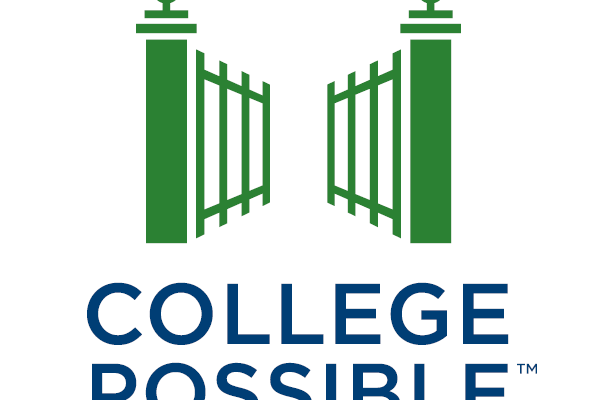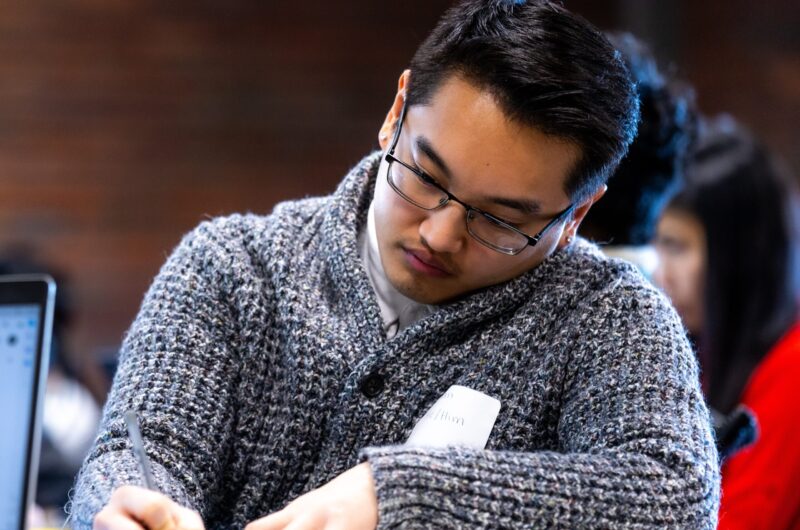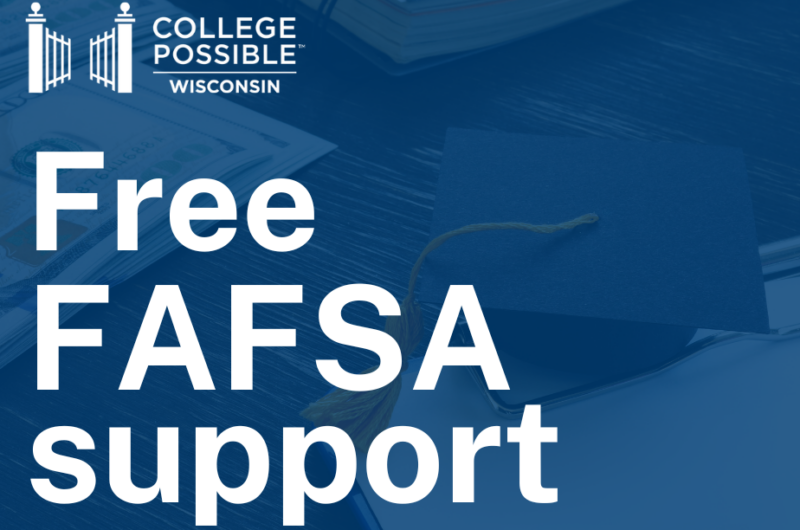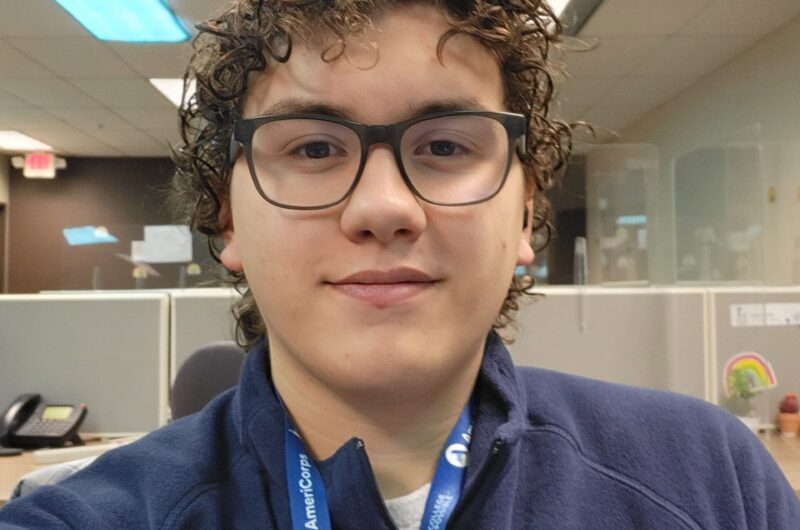Funding to support aspiring Black college students within five NBA markets
ST. PAUL, Minn., Oct. 11, 2022 — College Possible, the pioneering nonprofit that connects high school and college students with near-peer mentors, announced a renewed grant with the NBA Foundation aimed at serving Black youth who aspire to earn a college degree. The continued funding will expand College Possible’s access and support for high schoolers from low-income communities in Philadelphia, Chicago, Portland, Minneapolis and Milwaukee with near-peer coaches who can help them navigate the college admissions process.
Launched in August 2020, the NBA Foundation is focused on creating greater economic opportunity and career advancement in the Black community. The sixth round of the NBA Foundation Grant awarded $20 million to 40 grantees in August 2022. Through grant funding, the Foundation seeks to increase access and support for high school, college-aged and career-ready Black youth, and assist national and local organizations that provide skills training, mentorship, coaching and pipeline development in NBA markets and communities across the U.S. and Canada.
For more than two decades, College Possible has worked to eliminate barriers to college admissions and degree completion for aspiring students from historically under-resourced communities through an intensive curriculum of coaching and support. College Possible’s pioneering model utilizes Americorps members as near-peer mentors through sites in eight U.S. cities. The model has seen exceptional success and College Possible students are three times more likely to earn a bachelor’s degree within six years than their peers from similar backgrounds.
“We are honored by this renewed commitment from the NBA Foundation,” said College Possible Interim CEO Al Fan. “This funding speaks to our shared commitment to ensure all Black youth who aspire to earn a college degree can do so. By breaking down barriers to equitable college access and success, we create a more diverse and innovative workforce and stronger communities.”



